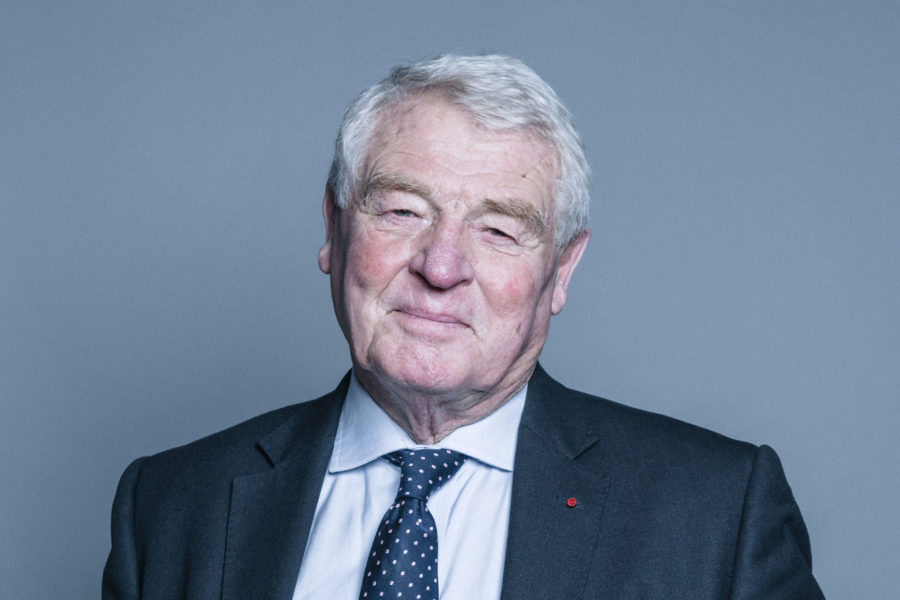This weekend the UK and Bosnia and Herzegovina (BiH) lost a dear friend, with the passing of Lord Ashdown. ‘Paddy’ was a nickname from childhood, but one he continued to use throughout his life, and by which he will be remembered across BiH.
Much has already been written about his powerful contribution to British politics, which continued with his move from the House of Commons to the Lords, where he provided wisdom and challenge. As a former soldier, diplomat, and political party leader, as well as an accomplished writer, it is a loss once more that he still had so much to offer.
Paddy’s personal and long-lasting connection to BiH dated back to 1992, when he first visited Sarajevo to see with his own eyes, as both politician and military veteran, the effects of the international response, or lack of it. “It was a moral imperative, a terrible vision of the future … I was obsessed by the nightmare of it all,” he wrote. “There was this sense of guilt and anger.” He would continue to use his place in the UK parliament to highlight the war’s terrible consequences.
Then in 2002, when he had stepped back from frontline politics, he was asked to take over as High Representative (HR). He brought all of his energy, his determination, and his moral courage, to the task of helping the people of this country on the road back to security and prosperity. He cared deeply about Bosnians and Herzegovinians, admitting that the country had ‘got under his skin’. The UK foreign service is full of people who worked with him during this time, both in the Office of the High Representative and across our own missions, and all of them were profoundly shaped by his commitment and will.
Even after stepping down as HR in 2006, Paddy remained a passionate advocate for BiH, both in domestic politics and internationally, arguing for greater attention and effort in order to ensure it did not slide backwards. He could see that the fight for its future was far from over.
I had the privilege of meeting Paddy this summer, shortly before taking up my position in Sarajevo, invited round to his home for a long conversation about the country and how the UK could best provide support. It was clear to me that he still kept in contact with friends and colleagues, and followed events closely. He reflected on things he might have done differently – mostly he wished he had pushed harder and deeper on some key reforms. But he remained an advocate for the great talent and potential of the people of this country, and the UK’s responsibility to provide the opportunities for them to thrive.
There are many here who could speak to his impact in BiH, and what he has left behind. I would very much like to hear from you, in your comments here, on our Facebook page or through the Embassy. For my part, I will be trying to build on that legacy, as we work together to help this country build a brighter future.

